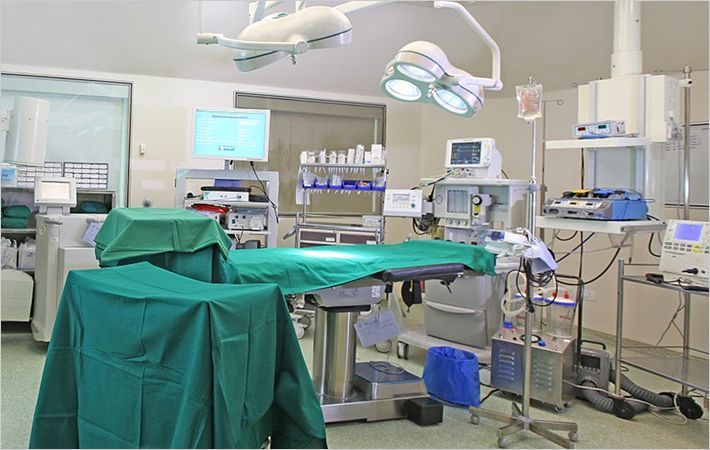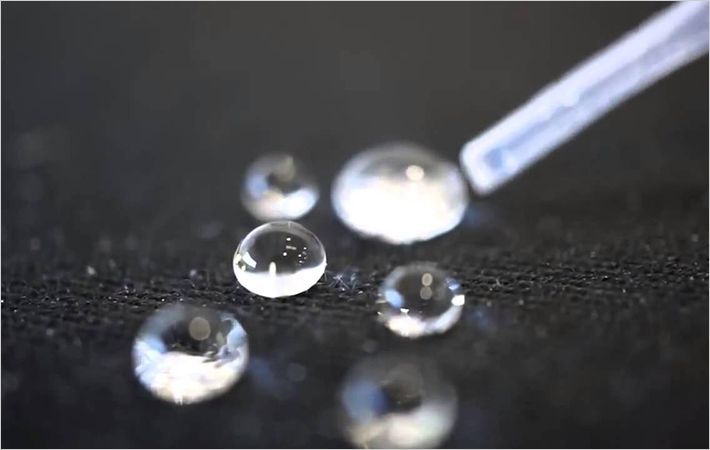The Canada Foundation for Innovation (CFI) announced today it has awarded $1, 332,798 to eight University of Manitoba researchers who are working on a variety of projects, enabling them to improve our knowledge of the world and continue to lead in their field.
“Access to modern, cutting-edge equipment and facilities is imperative in the 21st century,” said Dr. Gilles Patry, President and CEO of the CFI. “For more than a decade, the CFI has provided thousands of world-class researchers with the tools they need to do their work. Without the right infrastructure, they quite simply wouldn't be in Canada.”The Canada Foundation for Innovation (CFI) announced today it has awarded $1, 332,798 to eight University of Manitoba researchers who are working on a variety of projects, enabling them to improve #
The contributions were provided under the Leaders Opportunity Fund, which supports infrastructure at Canadian institutions to attract and retain leading researchers. The University of Manitoba recipients are: Margaret Docker, Mostafa Fayek, Soheila Karimi, Song Liu, Brooke Milne, Afshin Raouf, James Roth and Jane Waterman.
“This funding is vital in supporting our accomplished researchers to achieve their goal of innovation and discovery,” said Dr. Digvir S. Jayas, Vice-President (Research) at the University of Manitoba. “I wish them all success in their journey to breaking new ground.”
Song Liu, Faculty of Human Ecology, received $145,536 to establish a medical textile surface engineering lab at the University of Manitoba to facilitate the research and development of new generation of textile materials for medical and biomedical applications such as self-disinfecting protective textiles, dual-functional chronic wound care dressings, vascular grafts and ligament prostheses. The use of self-disinfecting textiles can prevent cross infections and will contribute to disease prevention and reduced hospital-acquired infection. The dual-functional wound dressings could be used to deliver the function of active infection control and sustained nutrients delivery, thus facilitating wound healing and decreasing dressing change frequency which means reduced patient pain and costs. This facility will be unique to the University of Manitoba and will significantly benefit the provincial economy by creating new textile opportunities.
University of Manitoba

